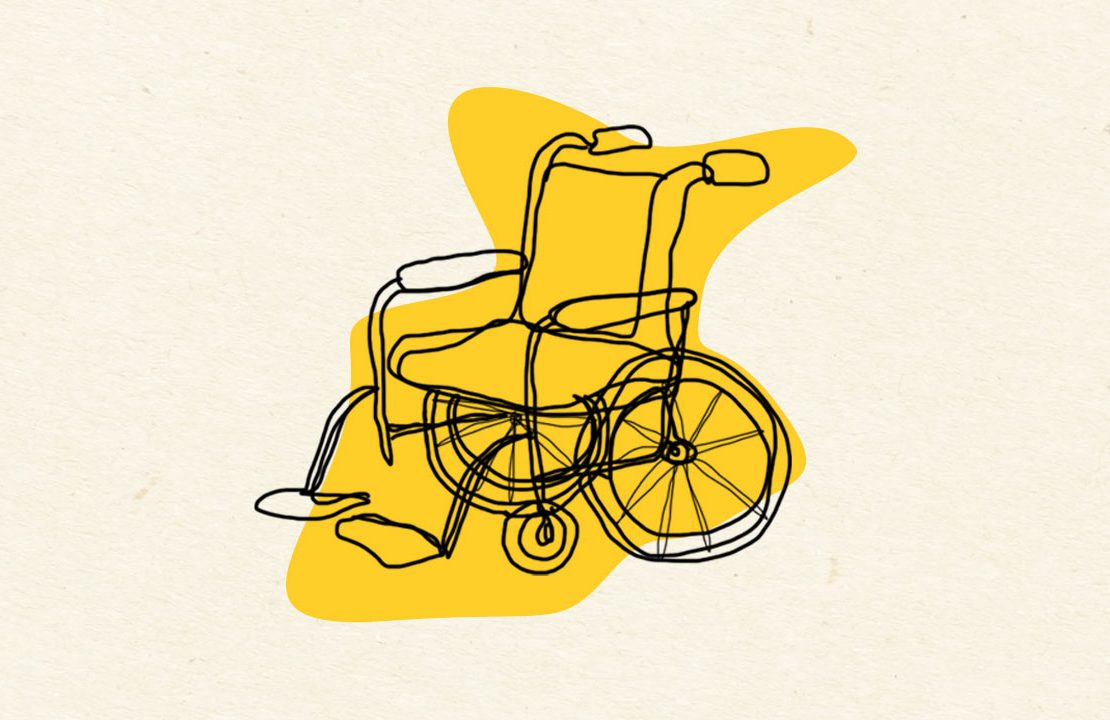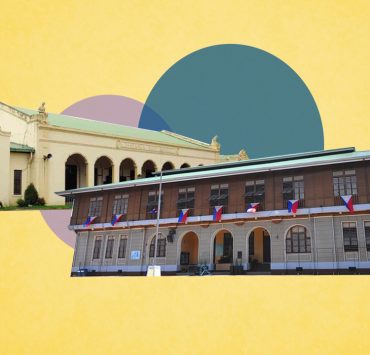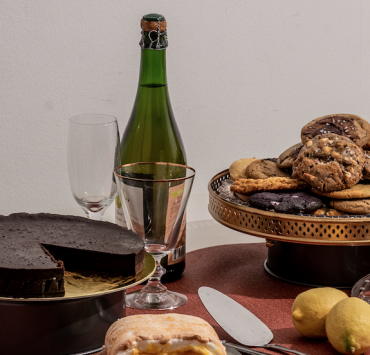Let’s face it, the Philippines isn’t the most inclusive country in the world, especially when it comes to our PWDs. For example, being PWD-friendly is still viewed as an achievement, not a basic, standard requirement that all establishments should be at the base-level. And really, it’s great when they are, but we shouldn’t have to celebrate these achievements because they should have already been in place. It’s one of the small ways in which ableism exists in the country.
Which is why Project SMILE came up with the “Join The Ride” initiative. As part of their #PeopleWith Campaign, which aims to get the able-bodied public to see PWD’s beyond their disabilities, the organization teamed up with the Alyansa ng May Kapansanan na Nagmamaneho ng Sasakyan at Motor sa Pilipinas (ALKASAMOPI) to develop PWD-friendly tricycles, Project Smile founder Sabrina Tamayo tells Nolisoli.ph.
“The initial design and prototype of the PWD-friendly tricycle is primarily targeted to wheelchair users. Compared to the regular tricycle, it will have a spacious entrance and will be low enough so that the wheelchair can be easily rolled in the tricycle,” she says. It’s not only going to be great for PWD-customers: The tricycle is designed with PWD drivers in mind, too. “Aside from enabling PWD commuters to become more mobile in a safe and accessible manner, the PWD-friendly tricycle can also be a source of income for the PWD community. This can be a sustainable means of livelihood because the PWD-friendly tricycles can be driven by PWDs themselves,” Tamayo adds.
This is important because the campaign highlights the need to both include and empower PWDs. “According to the NSO, there are over 1.4 million Filipinos who have a disability. For every five PWD, one is aged 0 to 14 years, three are in the working group, and one is aged 65 years and above. However, for those who belong in the working group, only 10 to 30 percent of employable PWDs in the country are engaged in regularly paid work,” Tamayo notes. “Based on their statements in the FGD we held, the PWD community would like to be fully integrated in the Filipino society. They want to be recognized beyond their disabilities. A common sentiment that they voiced is that they don’t need pity, they need opportunities. Just like any other person, they want to be seen and treated as equals.”
And in case you think that the campaign was started by able-bodied people without consulting PWDs, here’s a reassurance: The above-mentioned FGD was a dialogue with different PWD representatives, with blind people, amputees, and wheelchair users weighing in on the discussion. “As non-PWDs, we felt that we are not in a position to impose any sort of mindsets on how they are currently feeling,” admits Tamayo. That’s why they reached out to Joseph Delgado of ALKASAMOPI, who helped them meet with the PWDs.
“Through the duration of the campaign, we are closely in touch with both PWD advocates and PWDs themselves so that we can get a better understanding of their situation. In the future, we also want to reach out to other PWDs,” she stresses.
However, Project SMILE needs help to do all this. To support “Join the Ride” and all their other coming initiatives under #PeopleWith, you can sign up or donate through here: bit.ly/PeopleWith-JoinTheRide
“This 2019, may we all challenge ourselves to become our better versions and start by participating in nation-building activities. It is time for the youth to take a more proactive role in creating a better Philippines and this starts by championing for a more inclusive, diverse, and socially aware Filipino society,” Tamayo imparts.
Learn more about Project SMILE and their initiative here:
Get more stories like this by subscribing to our newsletter here.
Read more:
This PWD’s achievements prove “disability does not mean inability”
Support PWDs with every tote bag you buy
Will an Honesty Bus work in Manila?
Read more by Zofiya Acosta:
Heads up, you can now ride e-jeeps from Makati to Mandaluyong
Here’s what to expect at Fringe Manila 2019
Marie Kondo and the yaya: Household labor isn’t just gendered, it’s built on class structures
Writer: ZOFIYA ACOSTA
ART TRICIA GUEVARA




